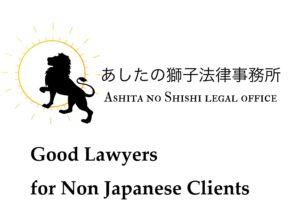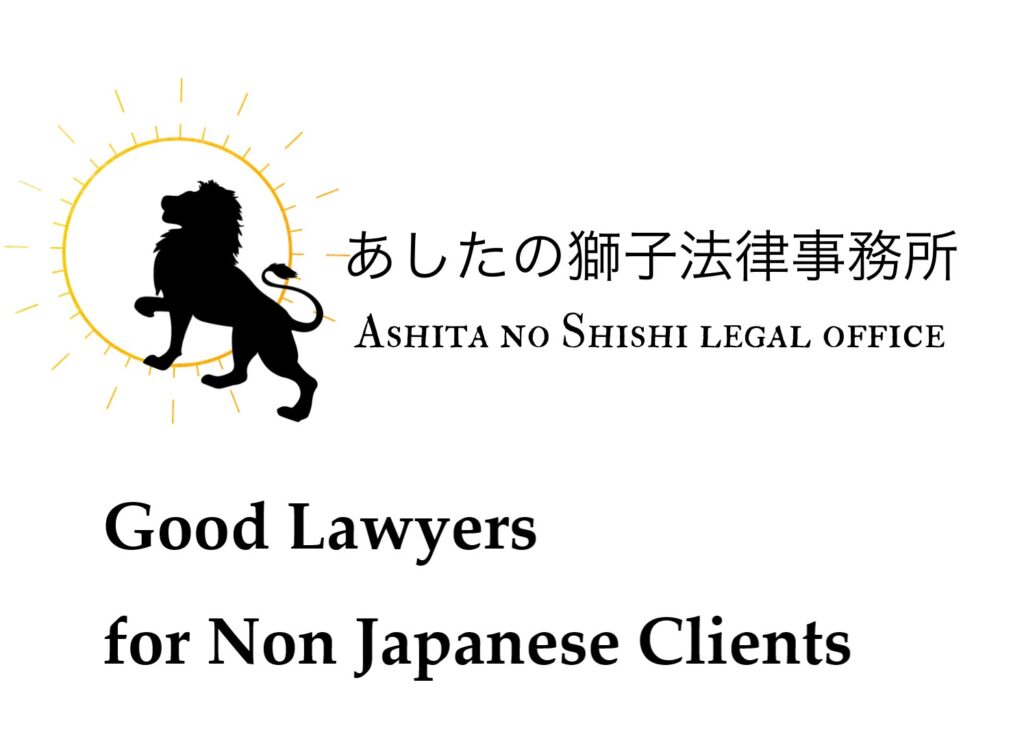The End of the “¥5 Million CEO” Era
Deposit ¥5 million in capital, rent an office, register your company—and you could legally stay in Japan as a “business manager.”
This reform is not just a bureaucratic adjustment—it marks a fundamental political and social shift redefining who gets to do business in Japan.
■ The Real Trigger: “Paper Companies,” Ghost Hotels, and Fake Entrepreneurs
Many so-called “managers” had no staff, no real office, and no taxable business.
Some used the visa simply as a backdoor for residency or unskilled labor.
By the end of 2024, roughly 41 % of the 5,500 authorized units in the city were reportedly operated by Chinese individuals or firms.
Meanwhile, resident complaints about such rentals increased 4.5 times in just three years.
■ A Political Undercurrent: From Sanseitō to Ishin
“It makes no sense that anyone can get a visa just by registering a company,”
argued Sanseitō lawmakers in the Diet.
In Osaka, Osaka Ishin no Kai promoted deregulation and the expansion of tokku minpaku to attract tourism and investment.
Critics now say that this policy invited speculative investment—particularly from abroad—while leaving local residents to deal with noise, waste, and community disruption.
“The same party that liberalized the system now laments how the cityscape is changing—but they created that change themselves.”
■ Not Anti-Foreigner—but Pro-Integrity
Officials stress that the intent is to protect legitimate entrepreneurs—those who invest, hire, and operate real businesses.
“We welcome serious investors and managers, not paper companies.”
■ The Global Context: Japan Was the Outlier
|
Country
|
Minimum Capital
|
Local Employment
|
Experience Requirement
|
|---|---|---|---|
|
Singapore
|
≈ ¥30 million
|
Required
|
Proven management record
|
|
South Korea
|
≈ ¥10 million
|
Required
|
Business experience
|
|
Hong Kong
|
¥10–20 million
|
Required
|
Business plan review
|
|
Japan (old rule)
|
¥5 million
|
None
|
Not required
|
That reputation is now being intentionally rewritten.
■ From “Freedom to Apply” to “Proof You Belong”
-
For visas: applicants must now show clear evidence of business substance—capital, employees, and tax records.
-
For short-term rentals: operators must prove responsible management and community accountability.
-
For policymakers: growth must be balanced with social sustainability.
For many earnest foreign entrepreneurs who had hoped to start small but dream big, the reform came out of the blue.
Those with little capital but strong technical skills or viable business ideas now find the barrier simply too high.
It’s an unfortunate side effect of a reform born from good intentions.
■ The New Thresholds: What Nikkei Reports Is Coming Next
While the current tightening already makes the visa far more demanding, Nikkei reports that the government is preparing an even more concrete set of requirements.
Under this proposal:
-
The minimum capital will rise to ¥30 million, six times the old ¥5 million standard.
-
Companies must employ at least one full-time worker.
-
Either the applicant or the full-time employee must show Japanese-language proficiency.
-
And for the first time, applicants must demonstrate three or more years of management experience, or hold a master’s degree in a management-related field.
If implemented, these rules will fundamentally redefine who qualifies as a “business manager” in Japan—and who does not.
■ The Bottom Line
For real communities, even better.
But the country must ensure that integrity does not turn into exclusion.
provided Japan can still make room for those with ideas, not just capital.











